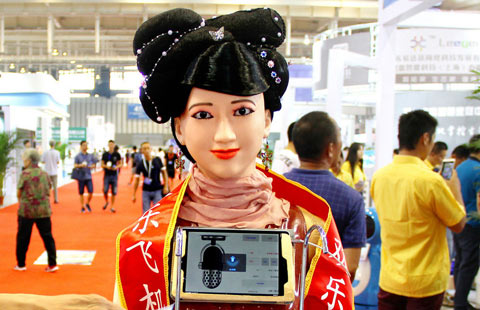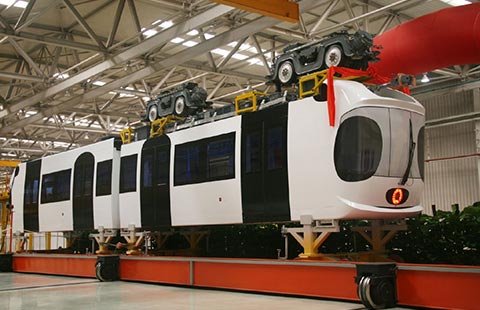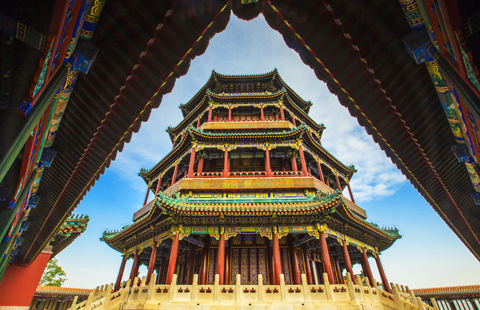Rural knitters sew up online deals
By Zhu Wenqian (China Daily) Updated: 2016-09-14 07:56Warp knitting has been a distinguished business sector in Huzhou, Zhejiang province, in eastern China, with hundreds of manufacturers concentrated in the area.
Fierce competition has led many enterprises to focus on overseas markets. They mainly sell through e-commerce channels.
Nearly a hundred local companies based in small towns and rural areas in Huzhou established their own websites and sell online, according to the local industrial and commercial bureau.
Those specializing in warp knitting hired English major graduates to help them deal with overseas business. Such graduates double up as translators when foreign delegations visit the companies. The local government has also organized some training courses in online sales for knitting enterprises.
Gaorui Knitters is one of the first mosquito net makers that launched its store on Tmall, an online marketplace of Alibaba Group Holding Ltd, the largest e-commerce player in China.
Song Ganjin, general manager of Gaorui Knitters, said: "Currently, more than 90 percent of our products are sold overseas, especially in African countries. We see our sales increasing by 20 to 30 percent annually."
Shuanglu Knitters, another mosquito net knitter, has seen cumulative sales revenue of more than 30 million yuan ($4.5 million) through e-commerce.
Brisk online sales of mosquito nets have inspired other businesses in the area, with wood and corn sellers now eyeing e-commerce.
Li Jingwen, an academic at the Chinese Academy of Engineering, said: "China's e-commerce market has gradually entered a mature period. Online shopper numbers are still growing, but at a slower rate.
"The businesses driven by rural e-commerce and cross-border e-commerce will be the main trends in future. E-commerce giants have been expanding their businesses in rural e-commerce, and helping those local agricultural and industrial products to be sold around the world."

















